 October 15th has been proclaimed Blog Action Day, with the selected focus being the environment. Nothing could be more pertinent to the story of the Civilian Conservation Corps than the environment and environmental issues. I defy anyone to point to another era in our nation’s history when the better part of a generation was given the opportunity to live and work in nature to improve America’s forests, parks and fields. Between 1933 and 1942 the enrollees of the CCC planted between 2 and 3 billion trees, developed some 800 state parks, built over 13,000 miles of foot trails and developed 52,000 acres of public campgrounds nationwide.
October 15th has been proclaimed Blog Action Day, with the selected focus being the environment. Nothing could be more pertinent to the story of the Civilian Conservation Corps than the environment and environmental issues. I defy anyone to point to another era in our nation’s history when the better part of a generation was given the opportunity to live and work in nature to improve America’s forests, parks and fields. Between 1933 and 1942 the enrollees of the CCC planted between 2 and 3 billion trees, developed some 800 state parks, built over 13,000 miles of foot trails and developed 52,000 acres of public campgrounds nationwide.
The story of the CCC is so closely intertwined with the environment, one could argue that environmentalism is at least the second biggest reason anyone actually remembers the CCC of 75 years ago. (The number one reason that most folks probably cite for remembering the CCC is that they have a family member who was in the program. This is not to say these same people will actually know anything about the CCC and how it was organized, but they remember the program because of a relative.) A few revisionist historians occasionally remember the CCC as well, but only for the purpose of trying to paint it as part of a larger theoretical failure of the New Deal. Whether or not the New Deal was a failure, I cannot say. However, I can say, without fear of meaningful contradiction, that the CCC was the most successful of the New Deal's many programs.

Under the careful tutelage of these conservationists, the boys of the CCC lived and learned, worked and played. They learned to get along, and sometimes they learned the consequences of not getting along. In the process, these boys became conservationists themselves. In some cases the boys saw parts of their country that they otherwise might never have seen, and, on the cusp of traveling overseas to fight and die for that country, they probably gained a new appreciation for their United States.
It isn’t a stretch to say that the Civilian Conservation Corp raised a first generation of conservationists/environmentalists. It also isn’t a stretch to say that most Americans have forgotten that fact.
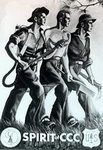
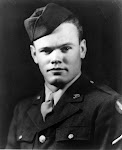





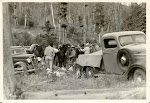
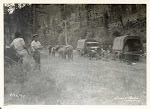
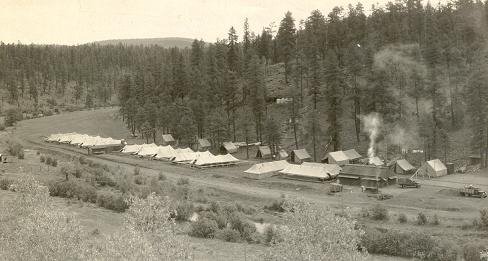


No comments:
Post a Comment